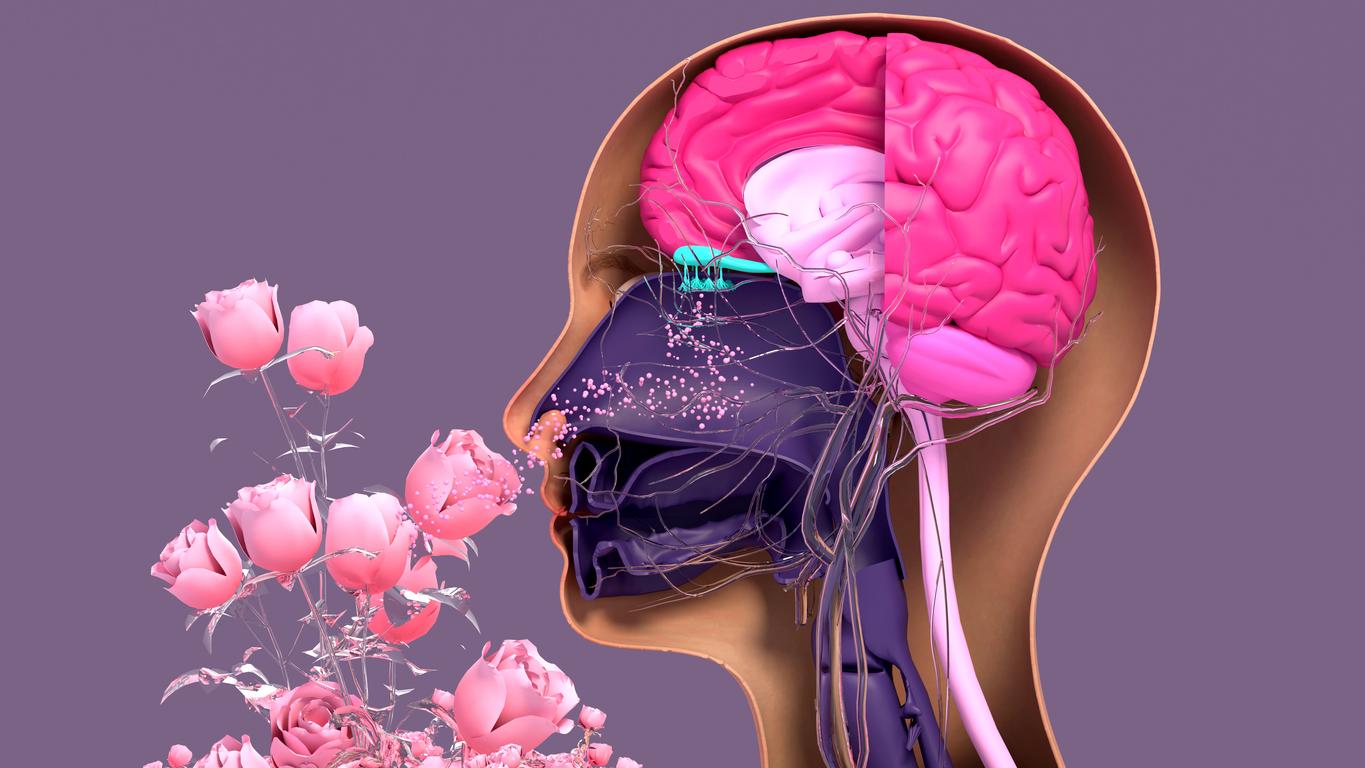Consuming strawberries regularly boosts mental and cognitive health.

- Strawberry supplementation has no effect on metabolic health and weight, according to new research.
- In contrast, strawberry powder reduced participants’ “retroactive interference” and depressive symptoms compared to the placebo powder.
- The researchers note at the end of their report that these results run counter to their initial hypotheses.
As they begin to appear on the shelves, know that strawberries are excellent for cognitive and mental health.
According to a new study published in Nutrients, strawberries may indeed help reduce cognitive decline and depressive symptoms in midlife adults who are at increased risk of dementia.
This randomized, double-blind, placebo-controlled trial was conducted with 30 participants aged 50 to 65 years.
Individuals were randomly assigned to receive either 13-gram packets of strawberry powder from whole dried, freeze-dried, and crushed strawberries (15 participants) or placebo powder (15 participants) every day for 12 weeks. Participants were instructed to avoid consuming any other berry products during the study and to keep a food diary before and after powder administration.
At the start of the study and after 12 weeks of experience, participants were subjected to a series of cognitive and mood assessments, blood tests and body measurements (e.g. height and weight) .
Strawberries reduce “retroactive interference” and depressive symptoms
The researchers thus discovered that strawberry supplementation did not affect executive abilities (planning and execution of goals), lexical access (recognition of words from a “mental dictionary” when we want to use/understand the word), verbal memory (memory of words and information based on language) or visuospatial memory (a “mental map” which stores information about the location of objects).
Strawberry supplementation also had no effect on metabolic health and weight.
On the other hand, strawberry powder reduced “retroactive interference” and participants’ depressive symptoms compared to the placebo powder.
“Retroactive interference” refers to the difficulty in learning and remembering new information due to the presence of competing data. Depressive symptoms included feelings of hopelessness, irritability, and guilt. The group that received the strawberry supplements also had “better emotional coping skills and lower stress levels.”
Strawberry, cognitive and mental health: results that do not correspond to the hypotheses
The researchers note at the end of their report that these results run counter to their initial hypotheses. “The effects on cognition and mood may not be attributable to improved metabolic function, as we expected. It may be that the anti-inflammatory actions of anthocyanins were effective in correcting some aspects of neurocognitive deficit”, they write.


















